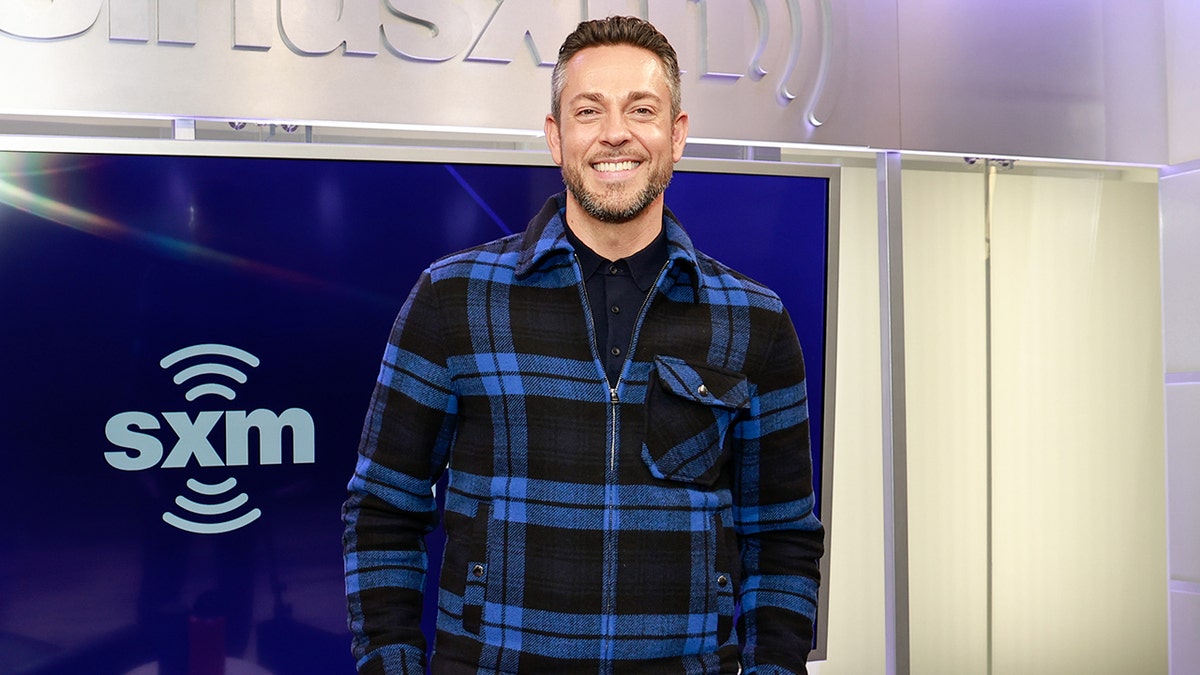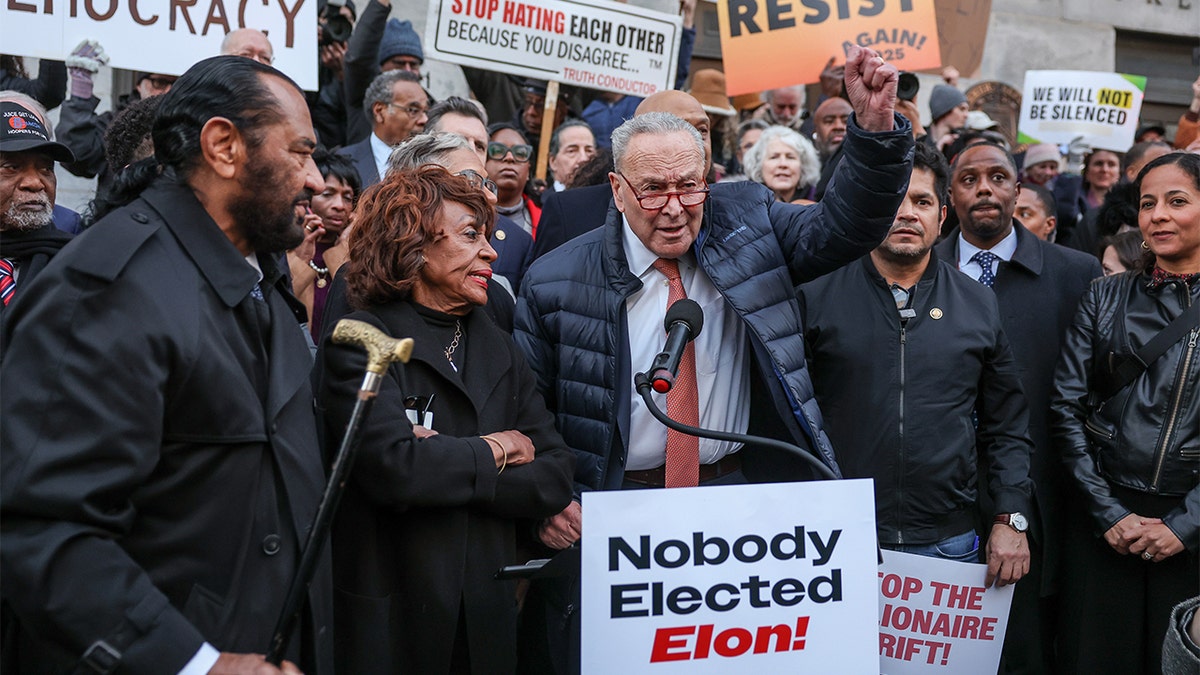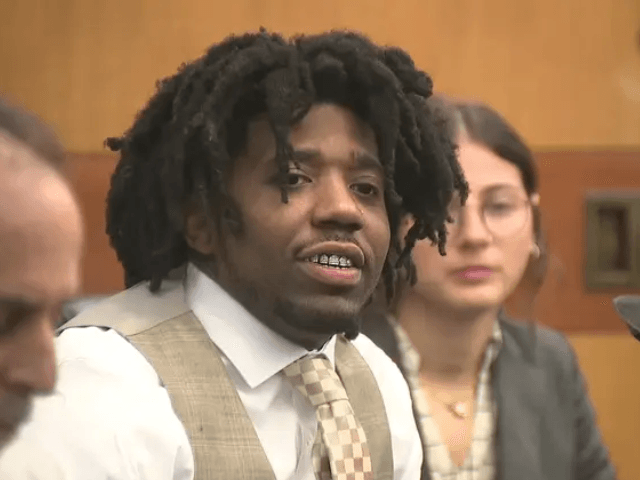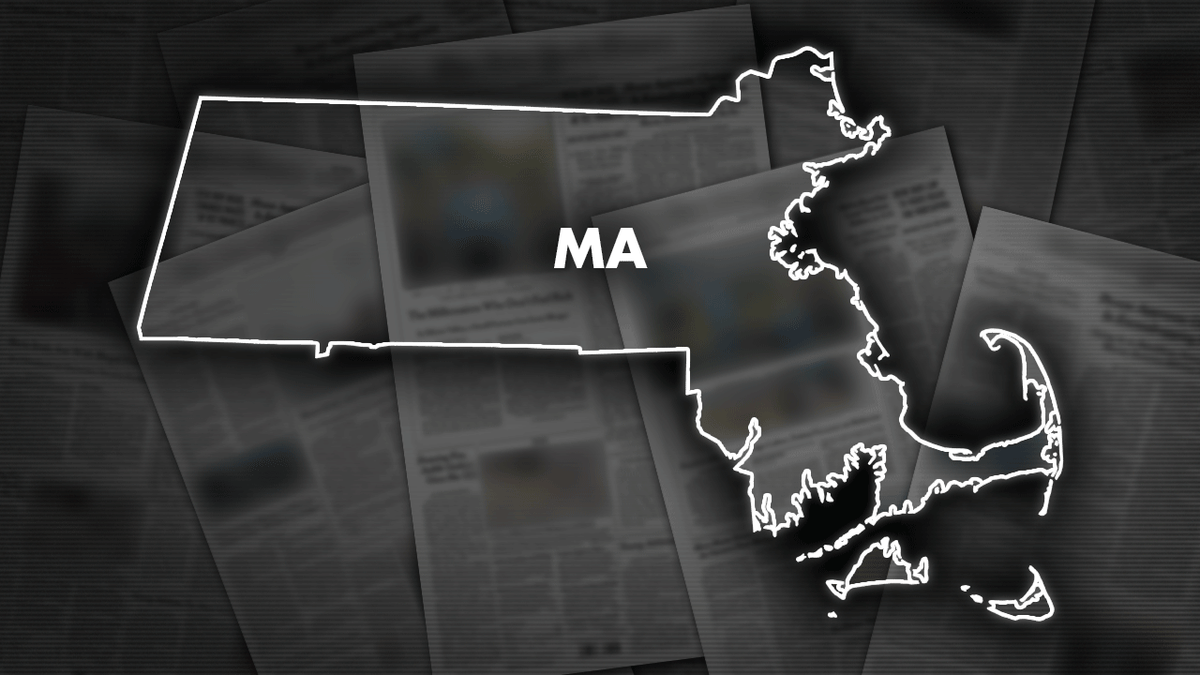Actor Zachary Levi, known for his role in "Shazam!," recently expressed his concerns about the rapid advancement of artificial intelligence (AI) in the entertainment industry. In an appearance on "The George Janko Show" podcast, Levi drew a parallel between AI and the biblical flood, suggesting that the technology's impact will be widespread and transformative.
Levi painted a picture of a future where studios offer subscribers AI-powered tools to create personalized movies featuring iconic characters and storylines. He envisioned a scenario where viewers could blend characters like Shazam, Batman, and Neo from "The Matrix" into a custom-made film, specifying the directorial style and setting. This, he believes, will be achievable with AI technology that produces results indistinguishable from human-created content.
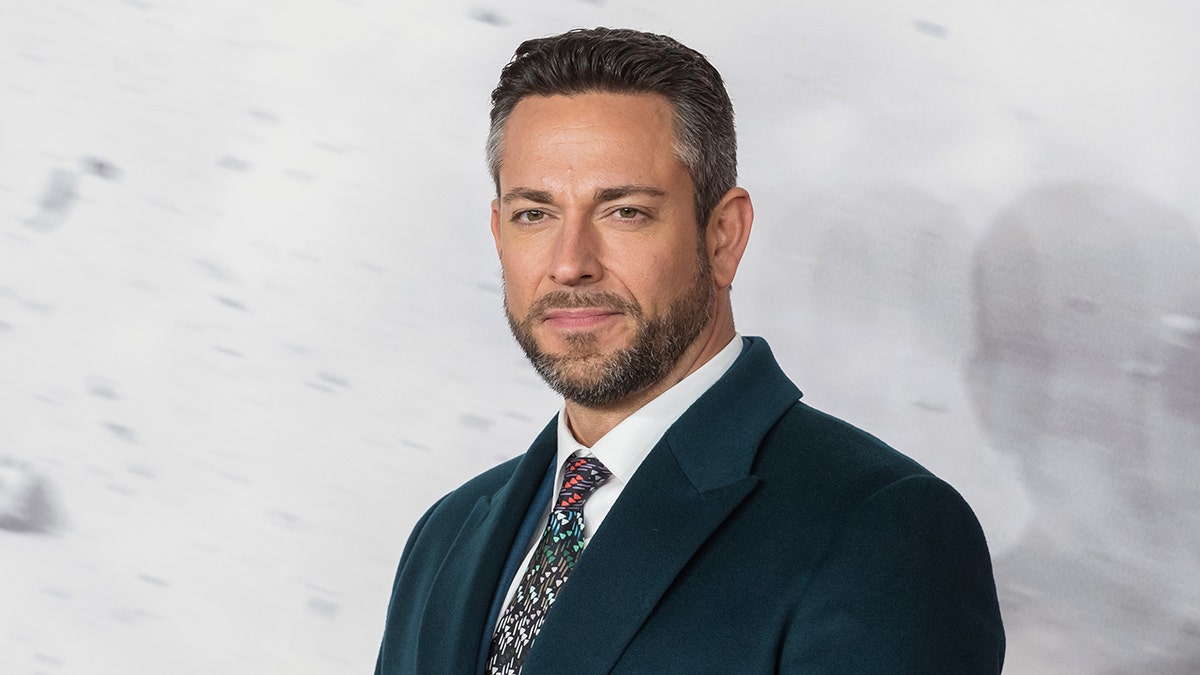
To navigate this changing landscape, Levi revealed he's developing his own studio, comparing it to Noah's Ark in preparation for the coming "flood" of AI. He emphasized the enduring value of human-created art, hoping for a niche market that continues to appreciate the human element in entertainment. However, he acknowledged the growing challenge of competing with AI-generated content that offers affordability and personalization.

Levi also highlighted the potential resurgence of deceased actors through AI, citing a hypothetical scenario where Gene Kelly's likeness could be used to create new movies. He admitted the allure of such a prospect, even while expressing reservations about the ethical implications. This echoes existing attempts to utilize AI to bring back actors like James Dean, although such projects have yet to reach completion.
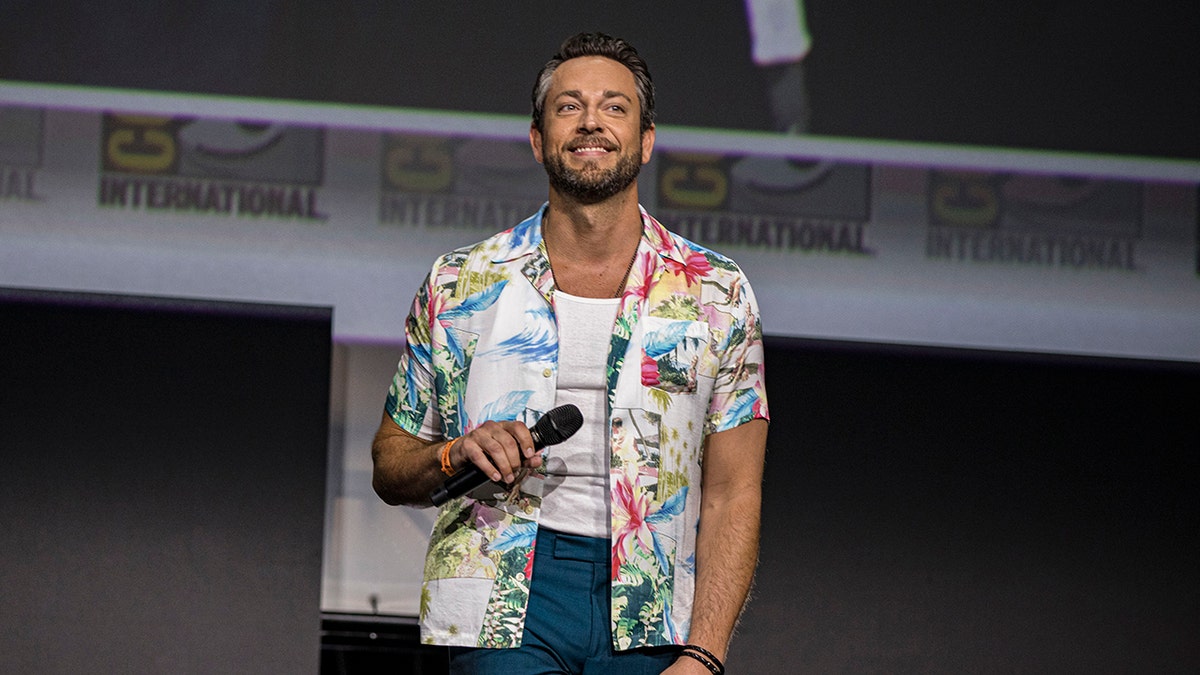
Beyond entertainment, Levi stressed the broader impact of AI on various industries, urging people to recognize its transformative potential. He anticipates widespread job displacement due to automation and believes that society is on the cusp of a new era. While acknowledging the inevitability of AI's progress, he advocates for guiding its development to minimize negative consequences and maximize its benefits for humanity.
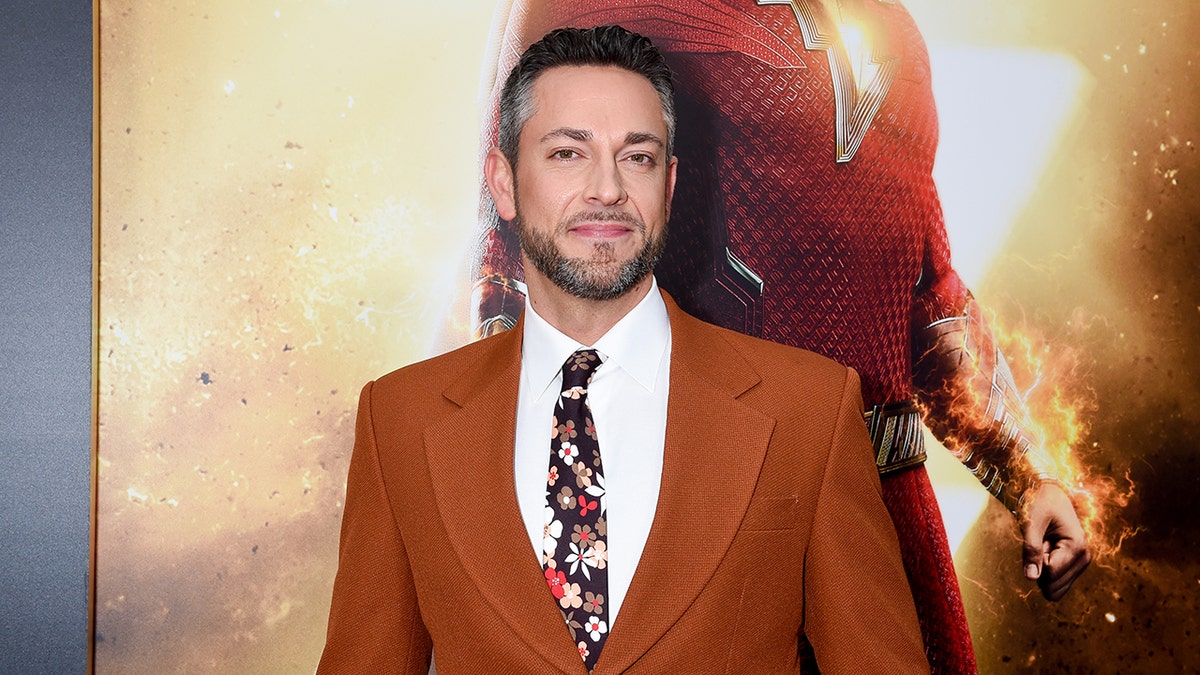
Despite the potential disruptions, Levi remains optimistic about the future, emphasizing the importance of human purpose in a world increasingly shaped by AI. He believes that creation and discovery will remain essential human pursuits, and that AI can be a valuable tool in these endeavors. He stressed the link between work and purpose, advocating for a future where humans can find fulfillment and meaning even as AI transforms the nature of work.
